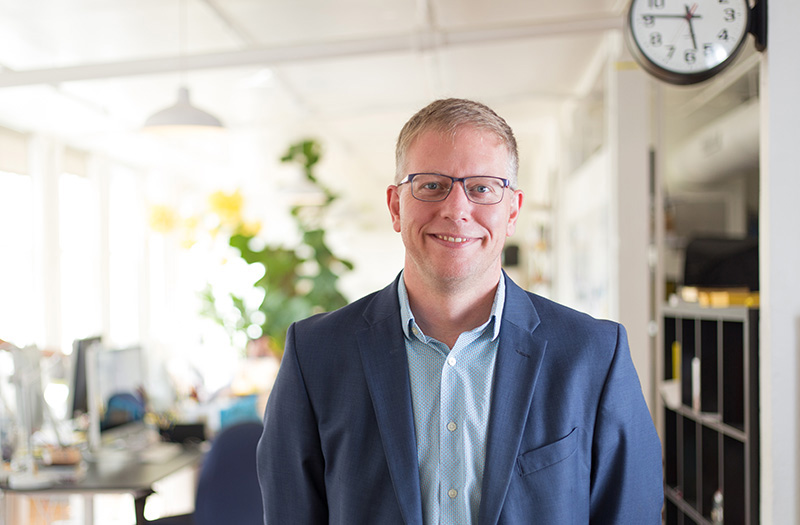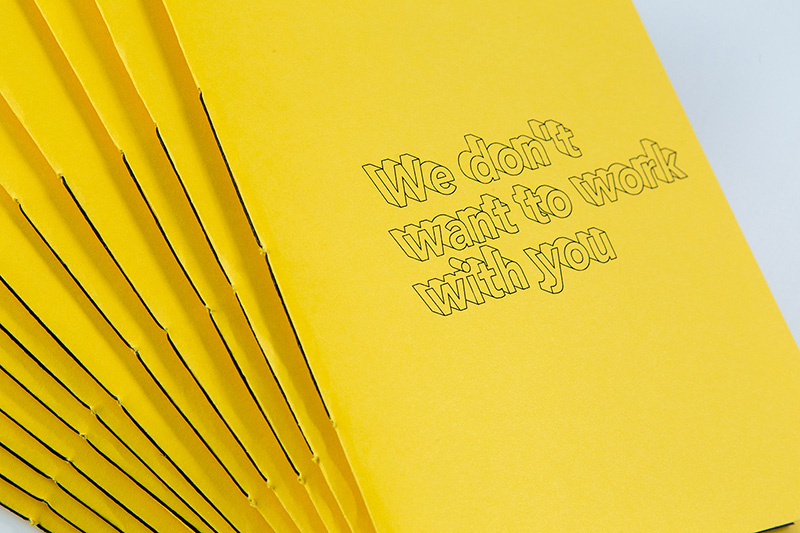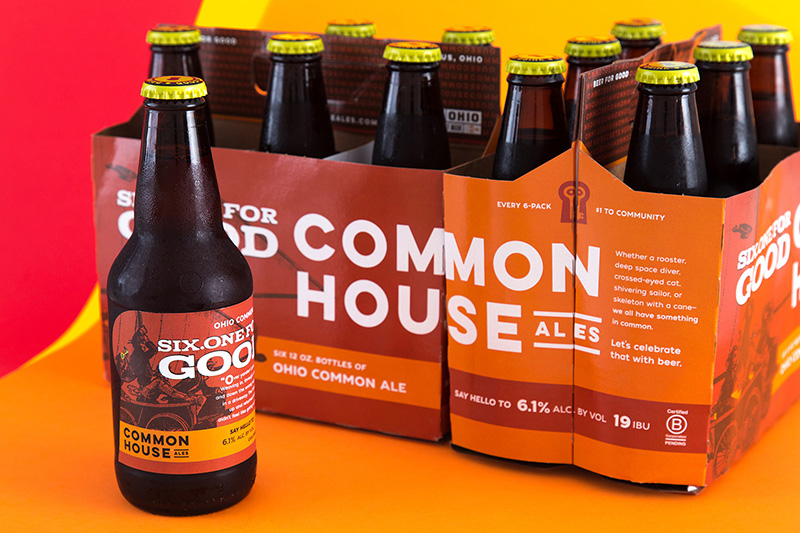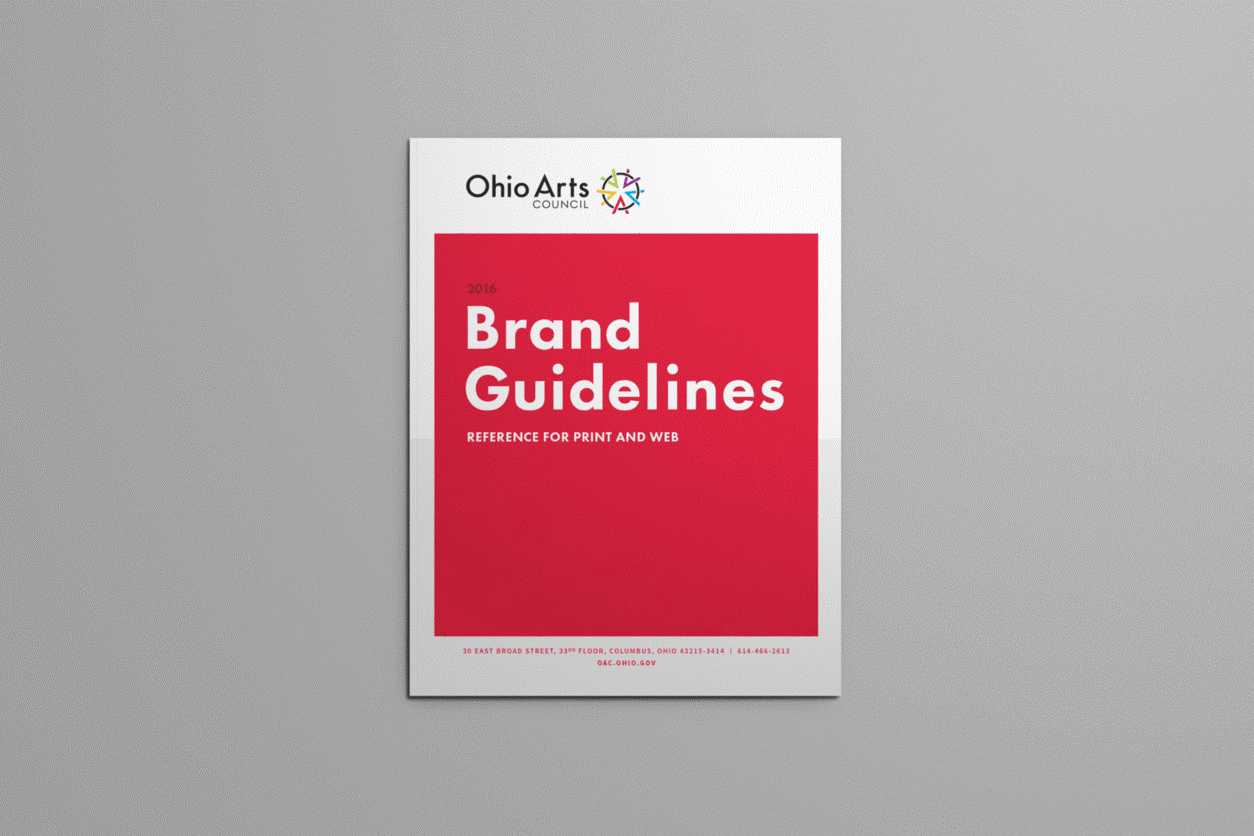Good by design
As principal at Fulcrum Creatives, Jason Moore (Advertising & Graphic Design, 1996) knows a thing or two about how to do well while doing good. In addition to its work as a full-service creative studio that focuses on branding, marketing, web development, and design, Fulcrum is a benefit corporation, or B Corp. That means that while profit is important for Moore and his colleagues, Fulcrum also seeks to have a positive impact on the community, environment, and workers.
We recently asked Moore, who is also an Advertising & Graphic Design instructor at CCAD, to help us kick off our new series on creatives who have found professional success in work that supports the greater good. Below, he discusses his approach to work, and the promise he sees in the next generation of designers.

I have always preferred there to be a greater purpose from work than simply adding to the bottom line. I founded Fulcrum Creatives in 2002 to work with non-profits, social enterprise, and companies and organizations who give a damn about something. Over the years, we’ve worked on everything from:
• Membership, Donor and Capital Campaigns
• Higher Education Textbook Design
• Crowdfunding a climate change scientific expedition to Greenland
• Public schools
• Developing all aspects of a startup brewery’s branding while helping them become a fellow B Corp
One of our favorite things is when a client approaches us with a problem to solve as opposed to coming to tell us what they think they need. As designers, we are critical thinkers first. Our experience, combined with creativity, leads to strategies and solutions that impact communities and the environment.

This drive to solve problems is why we get up in the morning and it’s why we stay up late.
I believe that most designers start out as artists. Artists are observers. Through our observations, we see things others do not. Others may see these things, but struggle to communicate them through image, words, type, color, and experience. It’s a unique language.
We know that profit-driven decisions are not always the best for communities or the environment. This is what led to the writing of the First Things First Manifesto in 1963. It’s nothing new.

However, I believe we’ve reached a point where people want fewer physical things. Many of the items that are desired today are intangible products which we interact with digitally. For example, most of the world’s knowledge, music, a video camera and a map of anywhere you want to go can be found in your pocket.
Because of this lack of want for more stuff, we’re beginning to see a new generation of designers questioning what they’re being sold. Wondering what it was that their grandparents and parents bought. And, seeking a different “product” to buy with their “currency” — their talent and their time.

________
Read more in our series CCAD Means Success.
________
Learn more about CCAD or apply here.